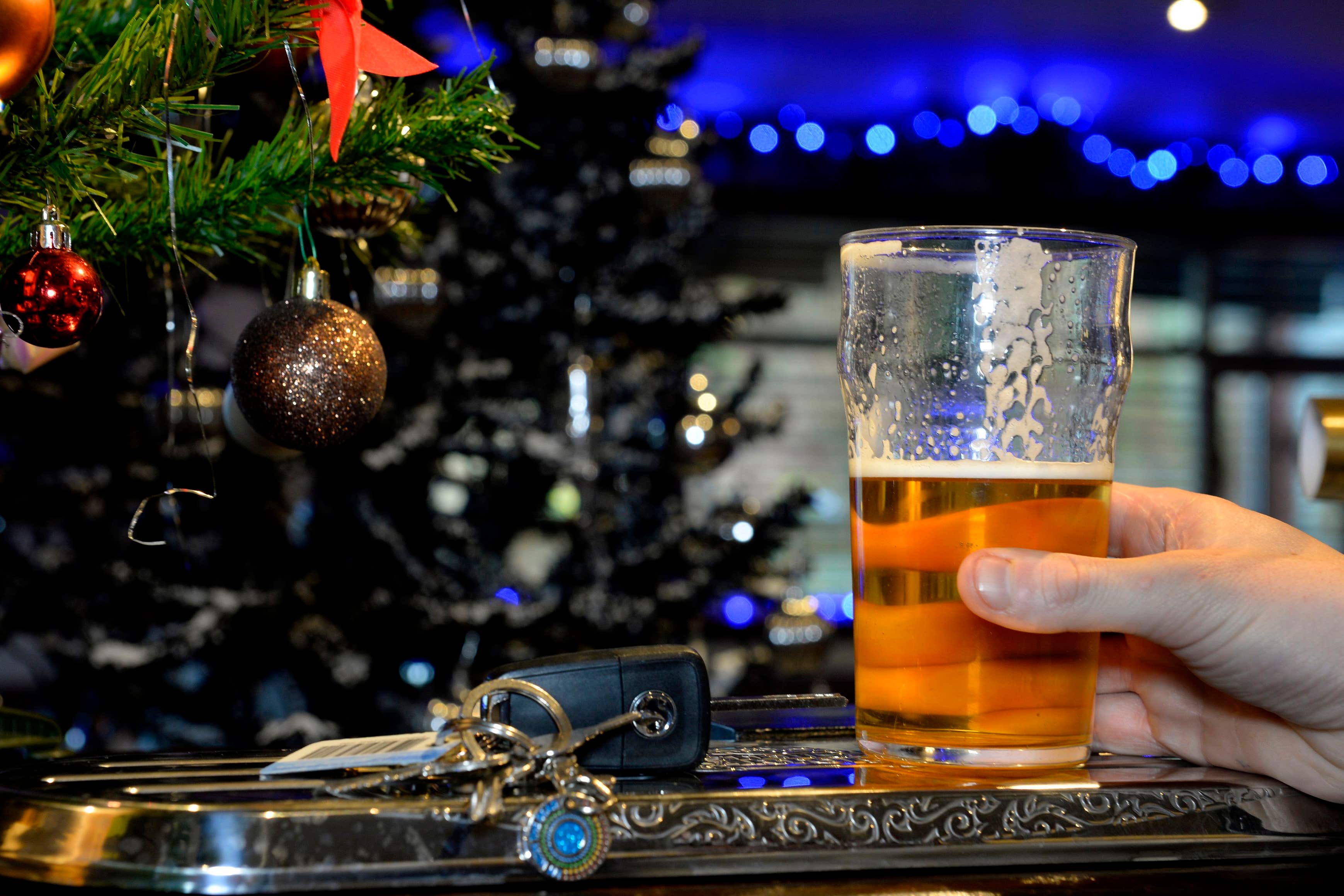NHS: People should cut down on drinking as strikes hit ambulance service
A Government minister also urged people to stay safe and to avoid any ‘risky activity’.

People have been urged to “drink responsibly” to avoid ending up in A&E as ambulance workers prepare to strike.
The NHS advice is the latest warning to the public before Wednesday, when the health service is likely to be hit by major disruption as ambulance workers, including paramedics, control room workers and technicians walk out in England and Wales.
A Government minister also urged people to stay safe and to avoid “risky activity”.
Concerns have been growing about the impact of the strike, with questions about what level of service will be available to those requiring an ambulance during it.
NHS England called on patients to take “sensible measures” to avoid requiring emergency care, asking people to drink responsibly and stock up on any medication they take.
Medical director Professor Sir Stephen Powis said: “There is no doubt that the NHS is facing extreme pressure and industrial action will add to the already record demand we are seeing on urgent and emergency care, and so it is really important that the public play their part by using services wisely.”
Ministers and NHS leaders said people should still call 999 for emergencies – but they are being asked to take extra steps to keep themselves and others safe.
Sir Stephen said: “People can also help by taking sensible steps to keep themselves and others safe during this period and not ending up in A&E – whether that is drinking responsibly or checking up on a family member of neighbour who may be particularly vulnerable to make sure they are OK.”
Earlier, health minister Will Quince asked the public to avoid anything risky on Wednesday, telling BBC Breakfast: “Where people are planning any risky activity, I would strongly encourage them not to do so because there will be disruption on the day.”
He did not offer examples of what might be defined as risky behaviour.
Downing Street later declined to set out what “risky” activities might include, with the prime minister’s official spokesman telling reporters: “The public, as we saw through Covid, can be trusted to use their common sense.”
During the strike, the military will not drive ambulances on blue lights for the most serious calls but are expected to provide support on other calls.
Talks between unions and ambulance services are ongoing to work out which incidents should be exempt from strike action.
It is expected that all category one calls – the most life-threatening, such as cardiac arrest – will be responded to.
Some ambulance trusts have agreed exemptions with unions for specific incidents within so-called category two, which covers serious conditions such as stroke or chest pain.
Caroline Abrahams from Age UK said it is important older people remember emergency care will still be available.
But she added: “Our advice is that older people should always take sensible precautions to try to reduce their risk of a fall, especially in the winter when pavements can be slippery.
“However, most older people who fall do so at home so it’s just as important to identify and neutralise trip hazards, not only in response to today’s strike but more generally.”
Bookmark popover
Removed from bookmarks